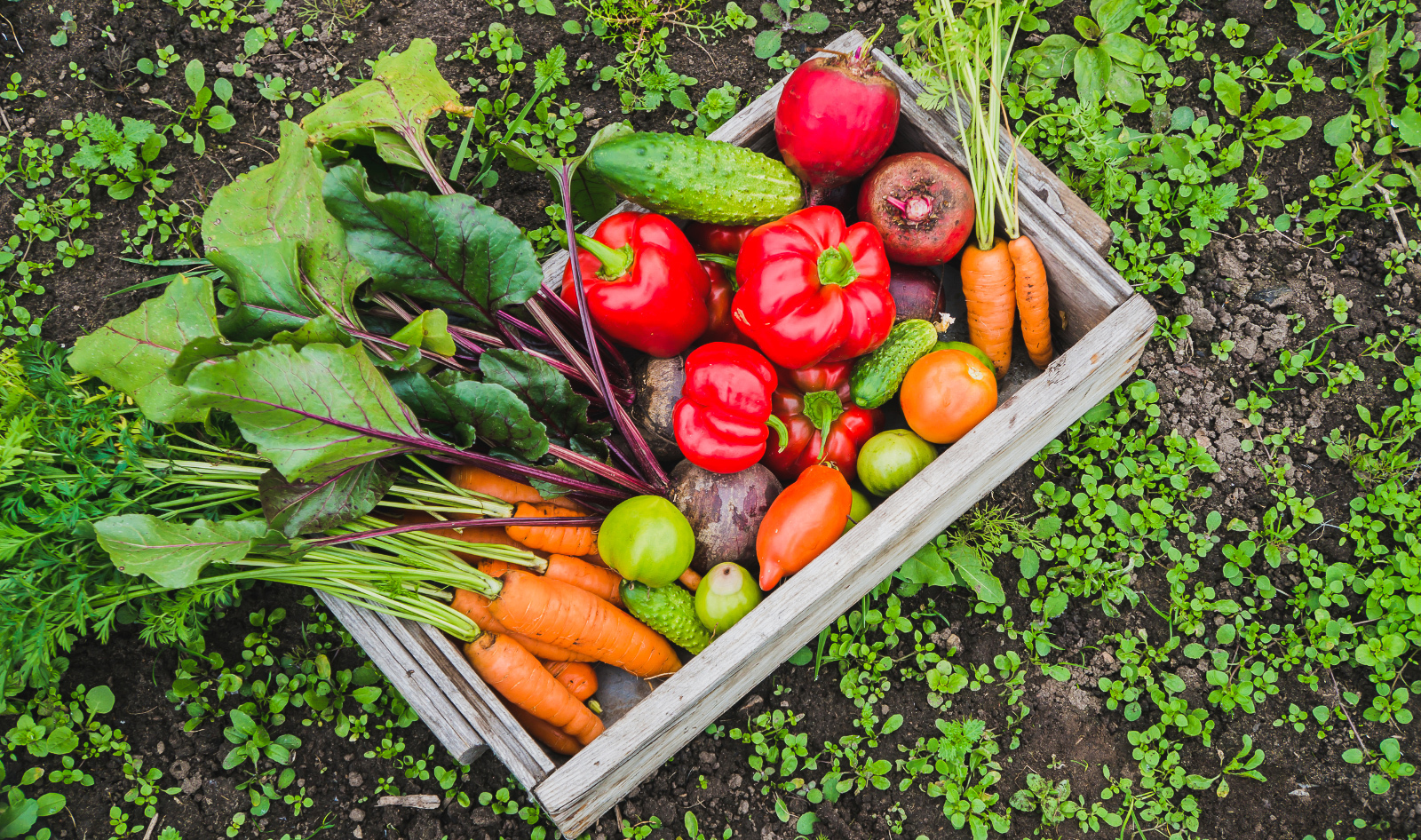From vegnews.com
A new study looks at how the different types of vegan diets, such as those high in plants and those high in convenience foods, impact the planet
Many studies have shown that a vegan diet has less impact on the environment than a diet that includes animal products, but how do different vegan dietary patterns stack up against each other? According to a new study published in medical journal The Lancet Planetary Health, “healthier” plant-based dietary patterns were associated with better environmental health, while “less healthy” plant-based dietary patterns, which are higher in foods such as refined grains and sugar-sweetened beverages, required more cropland and fertilizer.
“An increase in unhealthy diets that are rich in heavily processed and animal-based foods (eg, red meat) is threatening both planetary and human health, contributing to increased rates of obesity, type 2 diabetes, and other non-communicable diseases worldwide,” the study notes. “Because adverse associations between diets that are rich in animal-based foods and human and environmental health are well established, widespread adoption of healthier plant-rich diets has the potential to reduce disease risk and environmental degradation.”
The study, led by researchers at Harvard T.H. Chan School of Health and Brigham and Women’s Hospital, is one of the first to look simultaneously at the health and environmental impacts of various plant-based diets.

Duygu Coban
Previous research has documented that different types of plant-based diets have various health effects. For example, plant-based diets higher in whole grains, fruits, vegetables, nuts, legumes, vegetable oils, and tea/coffee are associated with reduced chronic disease risk, while plant-based diets high in fruit juices, sugar-sweetened beverages, refined grains, potatoes, and sweets/desserts are associated with an increased risk of chronic disease.
Yet little research has been conducted to determine the environmental impacts of these dietary approaches, such as greenhouse gas emissions, use of high-quality cropland, nitrogen from fertilizer, and irrigation water.
“The differences between plant-based diets were surprising because they’re often portrayed as universally healthy and good for the environment, but it’s more nuanced than that,” Aviva Musicus, postdoctoral research fellow in the Department of Nutrition at Harvard Chan School and corresponding author of the study, said in a statement.
Environmental and health impacts of vegan diets
Using data from the Nurses’ Health Study II, the researchers analysed the food intakes of more than 65,000 qualifying participants, and examined their diets’ associations with health outcomes, including relative risks of cardiovascular disease, and with environmental impacts.
To differentiate plant-based dietary patterns, the researchers characterized participants’ diets using various dietary indices, including the Healthy and Unhealthy Plant-based Diet Indices.

Canva
Higher scores on the unhealthy plant-based diet index indicated higher consumption of refined grains, sugary drinks, fruit juice, potatoes, and sweets/desserts; while higher scores on the healthy plant-based diet index indicated higher consumption of vegetables, fruits, whole grains, nuts, legumes, vegetable oils, and tea/coffee.
Participants who consumed healthy plant-based diets had lower cardiovascular disease risk, and those diets had lower greenhouse gas emissions and use of cropland, irrigation water, and nitrogenous fertilizer than diets that were higher in unhealthy plant-based and animal-based foods.
Participants who ate unhealthy plant-based diets experienced a higher risk of cardiovascular disease, and their diets required more cropland and fertilizer than diets that were higher in healthy plant-based and animal foods.
Is meat bad for the environment?
The findings also reinforced earlier studies showing that diets higher in animal-based foods, especially red and processed meat, have greater adverse environmental impacts than plant-based diets.
The study showed that red and processed meat had the highest impact out of all food groups in participants’ diets, producing the greatest share of greenhouse gas emissions and requiring the most irrigation water, cropland, and fertilizer.

Burger King
The study authors note that their findings could be used to guide future US dietary guidelines when considering the health and environmental sustainability of certain plant-based foods and diets.
“To be clear, we’re not asserting that less healthy plant-based diets are worse for the environment than animal-based diets,” Musicus said. “However, our findings show that plant-based diets can have different health and environmental impacts.”
https://vegnews.com/2022/11/study-different-vegan-diets-impact-planet
No comments:
Post a Comment